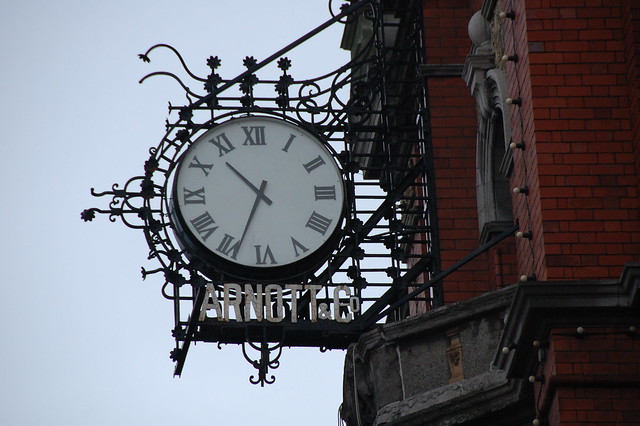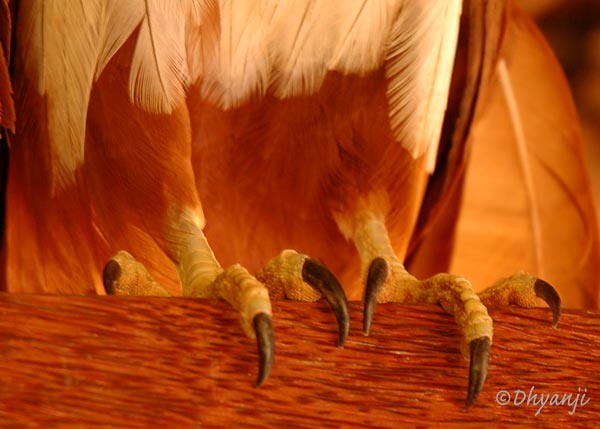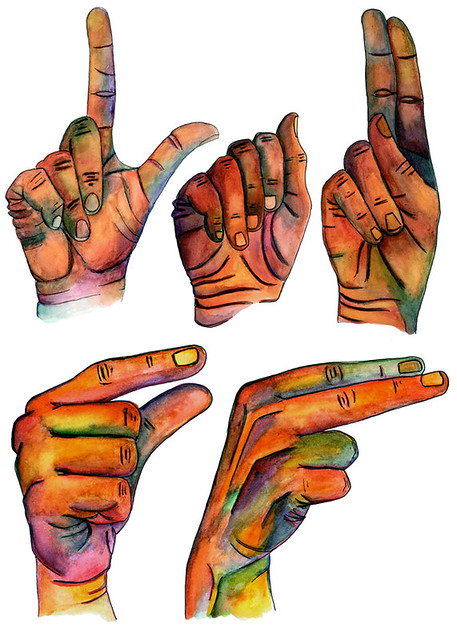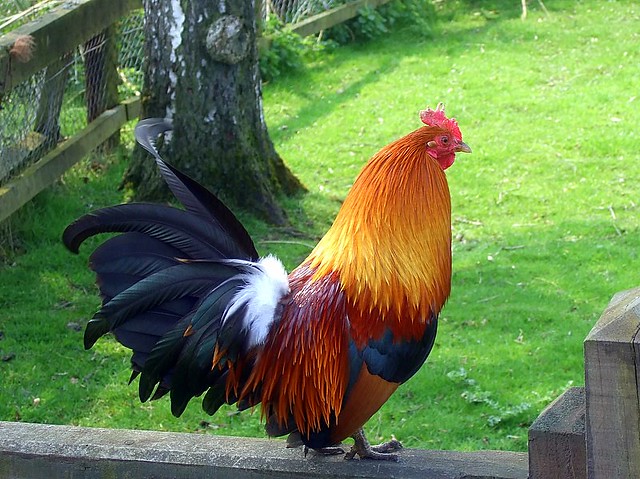Words for time and weather in Celtic languages.
Words marked with a * are reconstructions.
| Proto-Celtic | *ammen-, *amo- = time |
|---|---|
| Old Irish (Goídelc) | amm = time |
| Middle Irish (Gaoidhealg) | amm = time, point of time |
| Irish (Gaeilge) | am [aumˠ / ɑːmˠ / amˠ] = time, point of time, occasion, usual, due, proper, opportune, season, period am ar bith = at any time ó am go ham = from time to time amadóir = timepiece, timer amchlár, clár ama = time-table amchrios = time zone amscála = time scale |
| Scottish Gaelic (Gàidhlig) | àm [ãũm/amə] = time, occasion, period àm air bith = whenever àm-latha = daytime àm nam pòg = honeymoon (“time of kissing”) |
| Manx (Gaelg) | am = time ec yn am = in the nick of time |
Etymology: possibly from Proto-Indo-European *h₂etmn̥ (wandering), from *h₂et- (to go), which is also the root of words such as annual in English, an(née) (year) in French and año (year, age) in Spanish [source].
| Proto-Celtic | *amsterā = time, moment |
|---|---|
| Old Irish (Goídelc) | aimser [ˈamʲsʲer] = time, age, period, season |
| Middle Irish (Gaoidhealg) | aimser [ˈamʲɕər] = point of time, period of time, span, spell, period, age, epoch, season. weather aimseradt = period, duration aimserdae = belonging to time, temporal |
| Irish (Gaeilge) | aimsir [ˈamʲʃəɾʲ / ˈæːmʲʃəɾʲ] = mind, mental state, disposition, attention, spirits, intention, accord aimseartha = temporal |
| Scottish Gaelic (Gàidhlig) | aimsir [ɛmɛʃɪrʲ] = climate, weather, season, era, time, reign aimsireil [ɛmɛʃɪrʲal] = of this world, temporal |
| Manx (Gaelg) | emshir [ˈɛmʃər] = weather, weather conditions, tense, time |
| Old Welsh | amser = time |
| Middle Welsh (Kymraec) | amser [ˈamser] = time amserav = to time, date amserawl, amseraỽl = timely |
| Welsh (Cymraeg) | amser [ˈamsɛr / ˈamsar] = time, occasion, date, opportunity amseraf, amseru = to time, date, occur, come to pass amseriad = date, a timing, time, tempo (in music) amserlen = timetable amserlin = timeline, schedule amsernod = noteworty, epoch, period, era, time signature amserol = timely, well-timed, topical, seasonable, opportune, suitable, temporal, transient, temporary amserolder = timeliness, seasonableness |
| Old Cornish | anser = time |
| Middle Cornish (Cernewec) | amser = time |
| Cornish (Kernewek) | amser = (grammatical) tense amseryow = menstruation, period |
| Middle Breton (Brezonec) | amser, amzer = time, weather |
| Breton (Brezhoneg) | amzer [ˈãm.zɛr] = time, weather amzeran, amzerañ = to delay, to fix (in time) amzereg = timer amzeroni = chronology amzervezh = time, era |
Etymology: possibly from the Proto-Indo-European *h₂meh₁- (to mow, reap, harvest), from Proto-Celtic *amm (time) – see above [source].
| Proto-Celtic | *trātu = time, hour |
|---|---|
| Old Irish (Goídelc) | tráth [traːθ] = time, hour, period (of time) |
| Middle Irish (Gaoidhealg) | tráth [traːθ] = period of time, hour, point in time, day tráthach = timely tráthamail = timely |
| Irish (Gaeilge) | tráth [t̪ˠɾˠɑː / t̪ˠɾˠæː] = hour, time, occasion, day, period tráthaí = person who keeps regular hours tráthchlár = timetable tráthchuid = instalment tráthnóna = afternoon, evening (up to nightfall) tráthrialta = at regular times, regularly, punctually tráthúil = timely, opportune, apt, felicitous, witty tráthúlacht = timeliness, opportuneness, aptness, wittiness |
| Scottish Gaelic (Gàidhlig) | tràth [traː] = time, meal, (grammatical) tense, when, phrase, season |
| Manx (Gaelg) | traa = duration, time, period, occasion, tempo |
| Proto-Brythonic | *trọd = course, voyage |
| Middle Welsh (Kymraec) | traỽt, traỽd, trawt, trawd = course, way, journey, career, movement, gait, assault, attack |
| Welsh (Cymraeg) | trawd, trawdd = course, way, journey, career, movement, gait, assault, attack trawenaf, trawenu = to go (over/through), cross, travel |
| Cornish (Kernewek) | trad = trade, way |
Etymology: from the Proto-Indo-European *terh₂- (to cross over, pass through, overcome) [source]. Words from the same roots include enter, term, terminal, thorough, through and transaction in English, and tarddu (to emerge, sprout, explode) in Welsh [source].
| Proto-Celtic | *kʷritus = time, movement, shape, magical transformation |
|---|---|
| Old Irish (Goídelc) | cruth [kruθ] / crud [kruð] = form, shape, manner, way |
| Middle Irish (Gaoidhealg) | cruth = form, shape, appearance, shapeliness cruthach = shapely, fair, beautiful cruthaid = to create, form cruthaigidir = to create, shape, form, produce cruthmar = shapely |
| Irish (Gaeilge) | cruth [kɾˠʊ(h)] = shape, appearance, state, condition, manner, mode cruthach = shapely cruthaigh = to create, form, prove cruthaíocht = shape, appearance, good physique cruthaitheach = creative cruthú = creation, proof, testimony cruthúil = shapely, beautiful, likely, plausible |
| Scottish Gaelic (Gàidhlig) | cruth [kruh] = form, shape, figure cruthach [kruhəx] = real, shapely, well-formed cruthachadh [kruhəxəɣ] = (act of) creating, creation, (act of) forming cruthachas [kruhəxəs] = creativity cruthachd [kruhəxg] = form, complexion, creation cruthadair [kruhədɪrʲ] = creator |
| Manx (Gaelg) | croo = shape, appearance, format, coinage, creation, create, coining, form, build crooaghey = shape crootagh = creative, creator crootaght = creativity |
| Proto-Brythonic | *prɨd = shape, form |
| Middle Welsh (Kymraec) | pryd, prid, pryt = sight, appearance prydu, prydaf = to compose poetry prydaw = beautiful, lovely prydfawr, pryduawr = very beautiful or graceful, splendid, inspired pryduerth, prytuerth = beautiful, splendid, handsome, fine, fair, seemly, decent |
| Welsh (Cymraeg) | pryd [prɨːd / priːd] = sight, appearance, aspect, complexion, colouring, face, shape, form, comeliness, beauty prydaf, prydu = to compose poetry, versify, write (a poem), to devise, compose prydaw = beautiful, lovely prydfawr = very beautiful or graceful, splendid, inspired prydferth = beautiful, splendid, handsome, fine, fair, seemly, decent prydferthaf, prydferthu = to make beautiful, beautify, grace, adorn, embellish, flourish |
| Proto-Celtic | *kʷritus = time, movement, shape, magical transformation |
|---|---|
| Proto-Brythonic | *prɨd = time |
| Middle Welsh (Kymraec) | pryt, pryd = time. occasion, period, season |
| Welsh (Cymraeg) | pryd [prɨːd / priːd] = time, occasion, period, season, day, meal(time), when, while prydlon = punctual, prompt, timely, seasonable; suitable, appropriate, proper prydlondeb, prydlonder, prydlonedd = punctuality, timeliness, seasonableness pryd(i)ol = timely, seasonable, punctual |
| Old Cornish | prit = hour, time |
| Middle Cornish (Cernewec) | prys, prês, preys = a stated time, a while, time, season, mealtime, a meal |
| Cornish (Kernewek) | prys = season, time, while prysweyth = instant, occasion |
| Middle Breton (Brezonec) | pret = moment |
| Breton (Brezhoneg) | pred = moment, meal predadenn = (good) meal |
Etymology (of both the above words): from the Proto-Indo-European *kʷer- (to do, make, build). Words from the same roots include Britain, Brittany and karma in English, and words for cauldron in Celtic languages [source].
| Middle Welsh (Kymraec) | tywyd = weather |
|---|---|
| Welsh (Cymraeg) | tywydd [ˈtəu̯.ɨ̞ð / ˈtəu̯.ɪð] = weather, bad or stormy weather tywyddiant = meterology tywyddol = pertaining to the weather |
| Cornish (Kernewek) | tewedh = storm tewedha = to weather |
Etymology: unknown
Sources: Wiktionary, Am Faclair Beag, Online Manx Dictionary, Teanglann.ie, eDIL – Electronic Dictionary of the Irish Language, In Dúil Bélrai English – Old Irish glossary, Geiriadur Prifysgol Cymru, Gerlyver Kernewek, Lexicon Cornu-britannicum: A Dictionary of the Ancient Celtic Language of Cornwall, Dictionaire Favereau, TermOfis, Le dictionnaire diachronique du breton, Etymological Dictionary Of Proto Celtic











